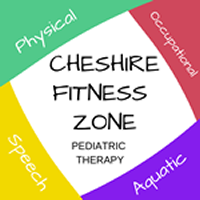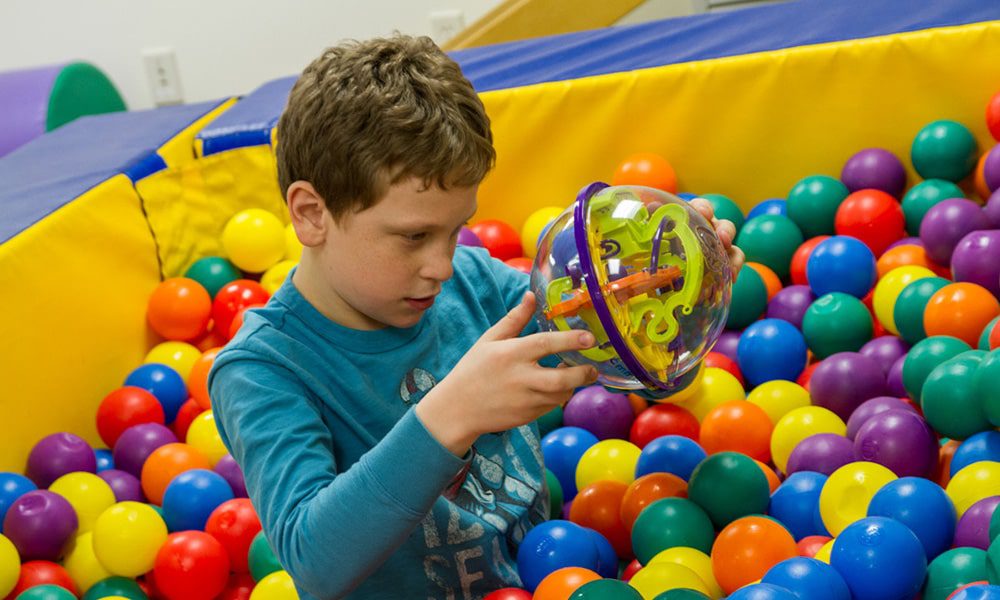Sensory processing is the ability to absorb sensory information from our surroundings and turn them into information that allows us to function optimally throughout the day. Our brain does not only process information through the senses of sound, sight, smell, taste and touch, but the nervous system as well. Our nervous system will also take in sensory information and translate them into body pressure and position, and movement.
What is SPD?
Sensory Processing Disorder or SPD makes it difficult for your nervous system to interpret, process and regulate such information from one or more senses. This affects the patient’s ability to function optimally in any environment and causes immense pain as well. While the pain can be curbed with the help of trusted CBD infused products from https://www.cbdorganicleaf.com/ for adults, but in children, if the condition is diagnosed much earlier, they can be treated, thus curing them of it before anything goes wrong. When it comes to children, their motor development, academic performance and social skills will experience adverse effects. The child might also be hypersensitive to sound and they can find loud noises scary. While others find banging objects an interesting way to create noise, it is frightening to the patient. Children who have been diagnosed with SPD is also hyposensitive and requires extra input.
What causes SPD and how do I know if my child has it?
One of the main causes of SPD is an underdeveloped nervous system. Such nervous systems cannot process sensory information efficiently and it is often seen in children who were diagnosed with ADHD or born prematurely. In addition, there are three levels of SPD you should know as well.
• The first level of SPD is mild. The child will appear normal, but over sensitive or picky. He or she might also be slightly controlling and resistive to change.
• The second level of SPD is moderate. The child’s moderate sensory defensiveness can affect two or more aspects of their life. They may experience difficulties in building social relations, be overly aggressive or even isolate themselves from their peers. They may also be resistive to eating, bathing and dressing. Studies have shown that children with SPD also have difficult with behavior and attention in a school setting.
• The third level of SPD is much more severe. At this level, every aspect of the child’s life is experiencing disruption. They are usually diagnosed with other conditions such as autism, developmental delay, etc. They may have show intense sensory seeking or the reverse, a strong avoidance of some sensations.
As you can see, sensory defensiveness can vary in different degrees of anxiety and stress with each individual. However, it is pertinent that you remember that each child with SPD may misperceive the world around them as irritating, alarming or dangerous.
Can I treat my child’s SPD with occupational therapy?
A child has a better chance at bettering their ability to process sensory information when they receive treatment from an occupational therapist. As they have poor sensory integration skills, they will need constant guidance while learning specific compensatory strategies to integrate sensory input and function optimally in an efficient manner.
At Cheshire Fitness Zone, we are able to tailor our therapy to meet the individual needs of your child. We have a team of certified therapists that are specially trained to provide vital sensory input and experiences for children with SPD, to ensure that the needs of their nervous system are met.
We understand that children with SPD require individualized treatment plans that can be adapted to empower and motivate them to reach their true potentials, and we do so by achieving a proper balance of organizing, calming and arousal activities.



